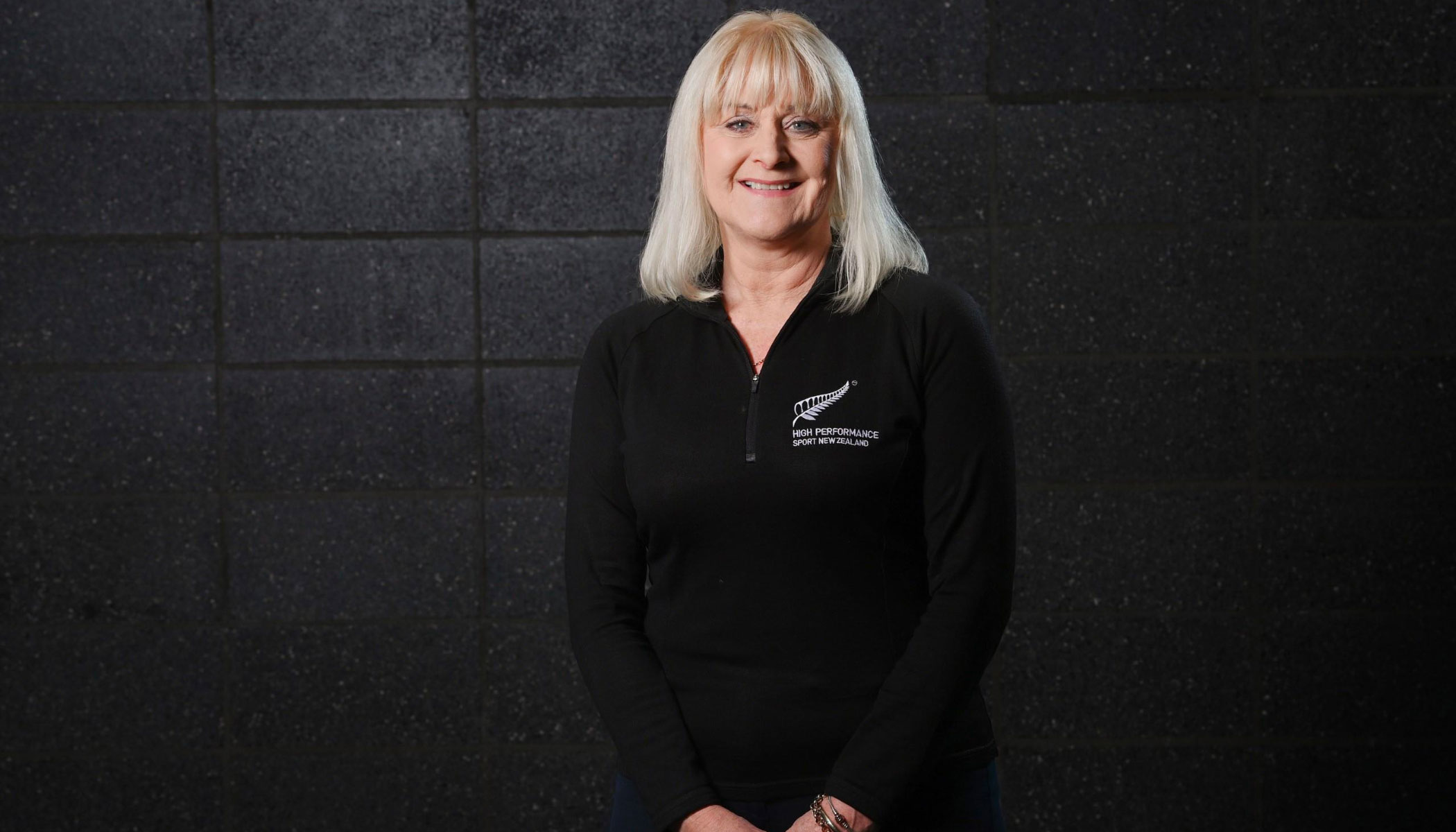Performance Nutrition
Jeni, who formerly worked as a performance nutritionist with the McLaren F1 team, leaned on her experiences there to help New Zealand’s Tokyo-bound eventing team.
“I see a lot of similarities between motor racing and equestrian in that the car and the horse garner a lot of attention,” she says. “Many people are devoted to looking after these areas and quite rightly so.
“In Formula One the drivers also have their own support team, but in equestrian they didn’t have that same level of support and this is where there was a gap.
“The riders devote a significant amount of time to riding and training the horses but sometimes did not always consider the nutritional requirements to physically manage their own workouts and recovery.”
Juggling riding and training horses for up to six hours a day, and for some also managing an equine business, leads to a hectic lifestyle for many riders.
However, Jeni had worked with both the UK-based and New Zealand-based riders to provide support.

“I simply filled the gaps to give them the correct fuels and fluids to support and sustain quality training,” she adds. “We do this to ensure the riders are able to fully concentrate and are not so fatigued, as this impacts on their technique and reaction times.”
Jeni says the plan differed from rider to rider. The day started early so she emphasised the importance of the athletes taking on board a small breakfast before their first training block and post the morning workout she recommended the riders consume “a second breakfast” with more protein and some carbohydrate content.
For riders who went to the gym in the afternoon, she suggested a fuelling plan to meet their needs followed later by a dinner that incorporated the recovery (refuelling and rehydration) plan.
“Equestrian riders do not need a high-carbohydrate diet like an endurance athlete but they do need enough carbs to allow for physical baseline endurance to keep them going through the day’s workload.”
Jeni has been hugely impressed by the work ethic, commitment and passion for their craft shown by all riders and offered a flexible and mature approach to their nutritional needs.
“Some of the riders like a glass of wine and to be social and the nutritional plan was all about making it fit for the riders rather than attaching any guilt. It’s about appropriate timing in the plan.”
“To get them to buy into it for the most part was a huge win.”
The extra work around nutrition had another benefit according to Jeni – it made the riders less prone to picking up infections due to a stronger immune system.
“An important part in this story was reducing the chances of the riders picking up sickness,” she explains. “If you become sick you lose training days and the more days you miss the less prepared you will be to deliver your best.”
